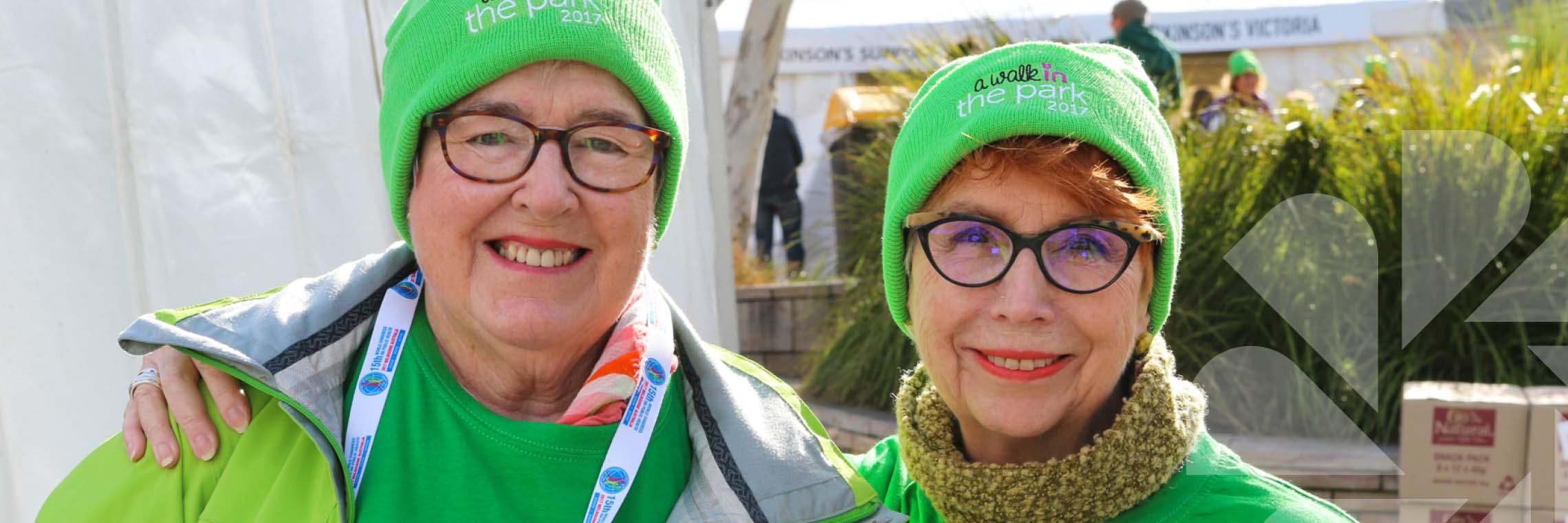History
The history of Fight Parkinson’s commences in 1980 when four women - all living with Parkinson's - met each other at an outpatient group in the Occupational Therapy Department at the Austin Hospital in Melbourne. They received information about the condition, advice on self-management and the encouragement needed to meet the condition head-on.
Elaine Allardice, Edna White, Pat Evans and Eileen Greenfield became quick friends. Finding that they all greatly benefited from sharing their experiences of living with Parkinson's in a group situation, these inspirational women decided to establish the Parkinson's Disease Association of Victoria with the aim of providing information and support services to others living with Parkinson's.
With family members, friends and health professionals forming the initial Management Committee, the first-ever meeting - of 18 attendees - was held on 27 November 1980. Early the next year, this determined committee ran their first television advertising campaign to increase public awareness of Parkinson's. In May 1981, the first office - run by volunteers - was opened in Collins Street, Melbourne.
In 1984, a government grant of $87,000 enabled three permanent staff to be employed. Approval was received to hang a sign on the front of the office. This momentous occasion marks the real beginning of the organisation now known as Fight Parkinson’s. By the end of that year, Parkinson's Peer Support Groups were running in Whittlesea/Lalor, Geelong, Ringwood, Glenroy (now Essendon), Bentleigh, Kew, and Heidelberg. By the organisation's Annual General Meeting in 1986, 17 Peer Support Groups had been established across Victoria.
Lack of recurrent funding was a problem as staff could only be employed for one year at a time. In 1996, there was a major breakthrough when the Department of Human Services provided a grant for three years’ funding for a telephone helpline - providing much needed stability to the organisation.
Since its inception, Fight Parkinson’s has worked hard to raise awareness of the Parkinson's, support people living with the condition, and increase our organisation's presence in the community. Today, Fight Parkinson’s employs a highly skilled team of health professionals to provide information, education and support services to the Parkinson’s community across the state and to an active research agenda.
